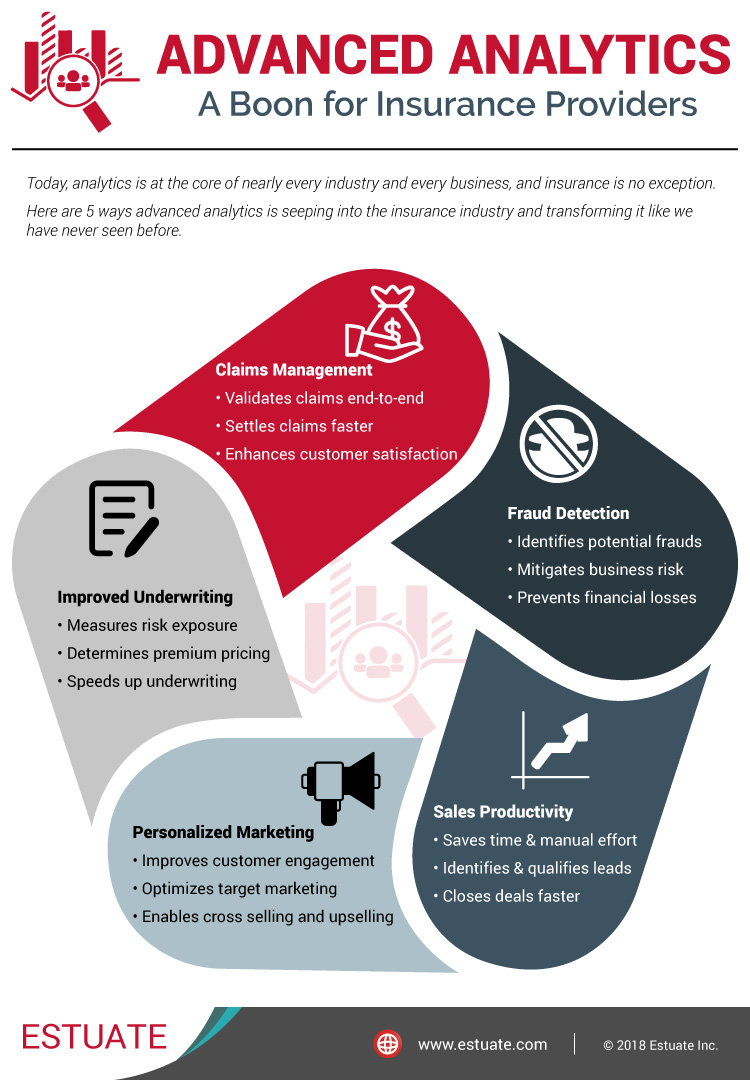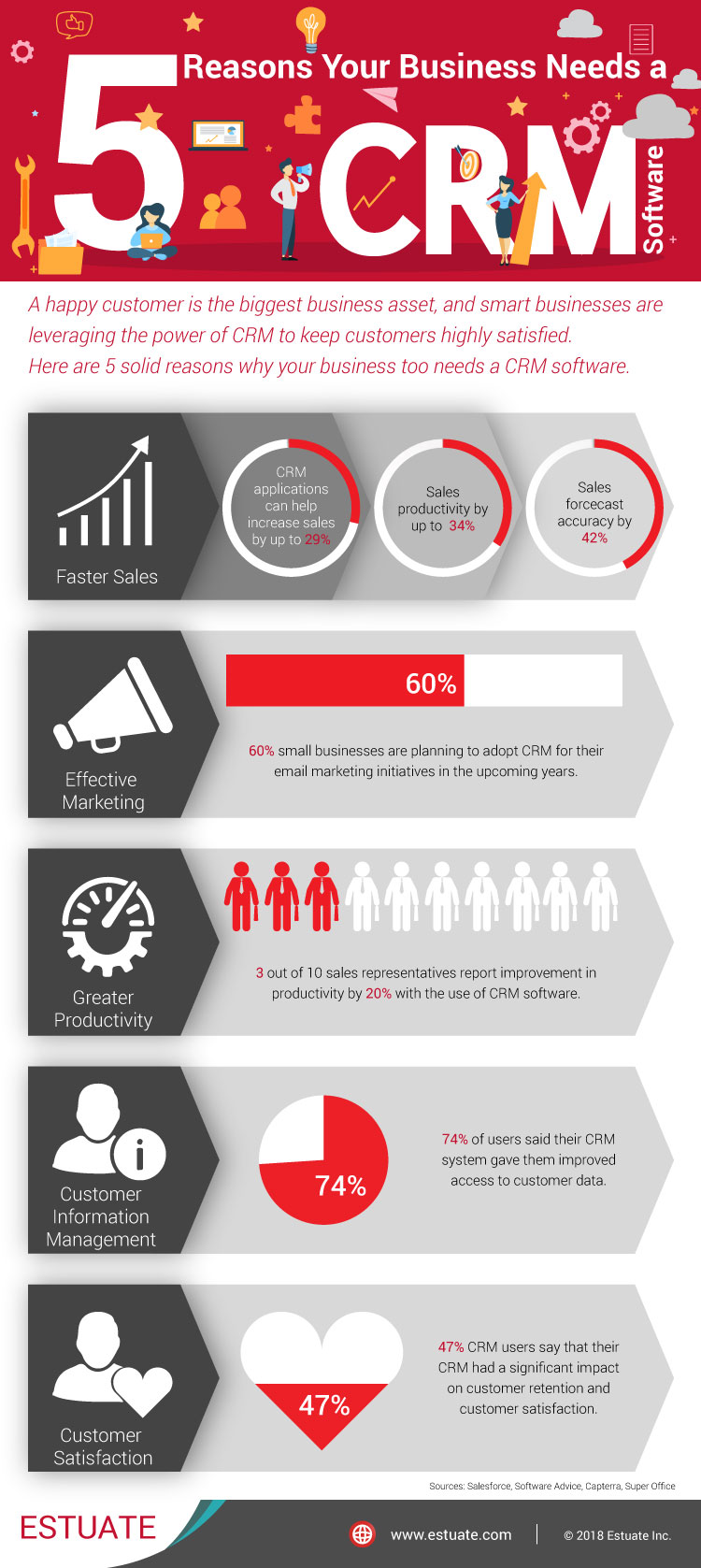Advanced Analytics – A Boon for Insurance Providers

Data generated, collected and processed in huge volumes led to this massive phenomenon called Big Data. This big data eventually gave rise to the revolution of analytics. Although interpretation and analysis of data has been around for ages, with advancements in technology and development of business intelligence tools, advanced analytics came into picture.
Analytics is what adds value to raw business data and provides key insights for making profitable business decisions. Today, analytics is at the core of nearly every industry and every business, and insurance is no exception.
Here are 5 ways analytics is seeping into the insurance industry and transforming it like we have never seen before.
Sales Productivity
Gone are the days when insurance sales were done by visiting people door-to-door or making multiple cold calls. These traditional sales practices are not only redundant, but don’t always guarantee a sale. Insurance companies are now leveraging technology to carry out sales smartly and more effectively.
Sales analytics studies available customer data and enables data-driven prospecting. This saves a lot of time and effort otherwise involved in identifying and qualifying leads, thereby enhancing sales productivity of insurance agents.
Personalized Marketing
Customers are attracted by personalized offers. It gives them the confidence that you know them well and know what’s best for them. It is the essence of customer satisfaction. Advanced analytics allows insurance providers carry out effective personalized marketing programs.
By analyzing customer buying behavior, market trends, previous investments and even health information, insurers are now able to design personalized policies, reach out to customers at the right time through the right channels and engage them more effectively. Analytics also enables insurers to run customized cross selling and up-selling campaigns to nurture existing customers.
Improved Underwriting
Underwriting is one of the most crucial functions in insurance, stock markets and banking. In insurance, underwriters measure the risk and determine the feasibility of insuring a client. Based on certain guidelines and parameters, such as the client’s income, age, ailments, vehicle type, property type and location etc. the insurance cover and the premium payable by the client is decided. Underwriting analytics uses intuitive tools to gain a 360-degree visibility of client profile, predicts credit scores and measures risk per policy ratio. Many insurers are now using analytics for accurate and efficient risk scoring, evaluation of premium and insurance cover.
Faster Claims Management
When a person files an insurance claim, it goes through a claims settlement process. The insurer validates the claim based on predefined merits and once approved, the claim amount is settled. Typically, this is a lengthy process and takes a few days. However, customers expect claims to be settled faster and more easily.
Thankfully, with the use of advanced analytics, claims can be validated and settled much quicker, leading to lesser customer complaints and improved satisfaction levels. By analyzing claims and claim histories, insurers can now arrange for instant payouts, score, prioritize and process claims based on experience and loss type.
Fraud Detection
Frauds are quite common in insurance. Fraudulent claims cause major financial losses to insurers, affect their relationships with clients and hamper their growth amidst growing competition. All insurance companies need a strong fraud detection and prevention system. Predictive analytics helps mitigate the risk by predicting a potential fraud with the help of algorithms and BI tools. It also establishes a more accurate and strict process of passing claims by cross-verifying every step with client history, data mining and even text mining.

Insurance is a data intensive industry. Insurers collect and process huge volumes of data every day. Advanced analytics is certainly a boon for the industry, helping insurance providers dig deeper into this data, work more efficiently and make well informed decisions.




